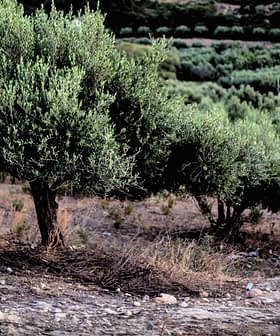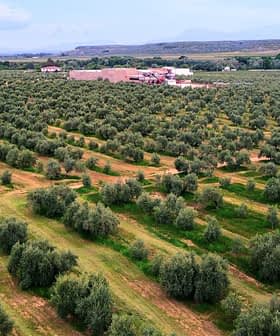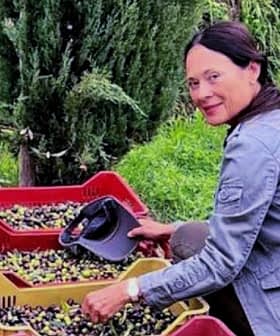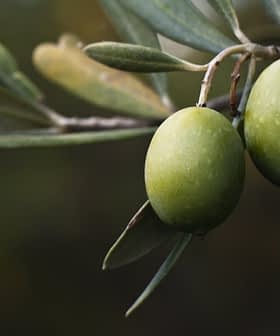Meet One of Spain’s Hobby Olive Growers
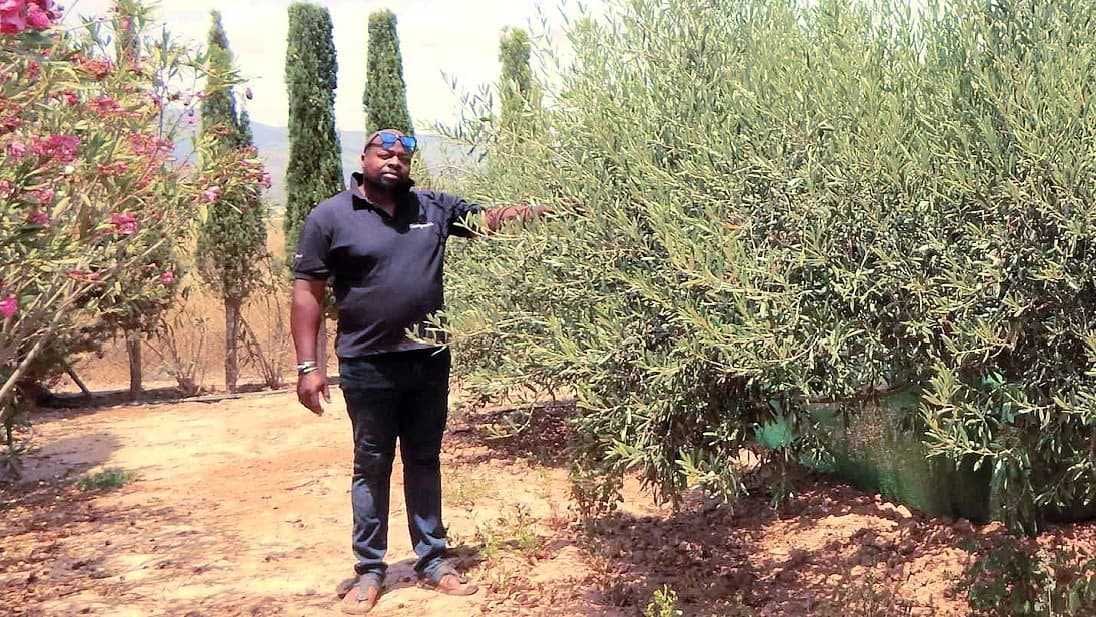
Barrington Dubois, an entertainer living in Murcia, Spain, is also a non-commercial olive grower with a small grove that yields about 45 liters of oil annually. Dubois and his wife, Julie, have expanded their land to include various fruit trees and vegetables, and have recently begun making olive leaf extract and soap using leftover olive oil.
Barrington Dubois is an entertainer living on the Costa Calida, in the southeastern Spanish autonomous community of Murcia.
Along with his work as a musician and wedding singer, Dubois is also one of Spain’s many non-commercial olive growers.
The olives take about a week to pick, and it’s pretty hard work, but we enjoy the exercise.
According to the Ministry of Agriculture, Fisheries and Food, non-commercial growers account for 0.7 percent of all Spanish olive groves – about 19,183 hectares overall. Slightly less than three percent – 785 hectares – of all olive groves in Murcia are non-commercial.
See Also:Planas: Traditional Olive Growers Will Be Protected in New Common Agricultural PolicyDubois and his wife, Julie, purchased 6,000 square meters of land in 2002, which started with only a few almond trees and has evolved. Since then, the couple planted apple, lemon, olive, peach, pear and pomegranate trees organically.
Their small olive grove measures roughly 30 meters by 30 meters and consists of around eight or nine trees that yield about 45 liters of oil each year.
“It’s more of a hobby, but also we like to grow things to be self-sufficient,” Dubois told Olive Oil Times.
He added that while he knew virtually nothing about olive growing initially, he has come to learn quite a bit over the years.
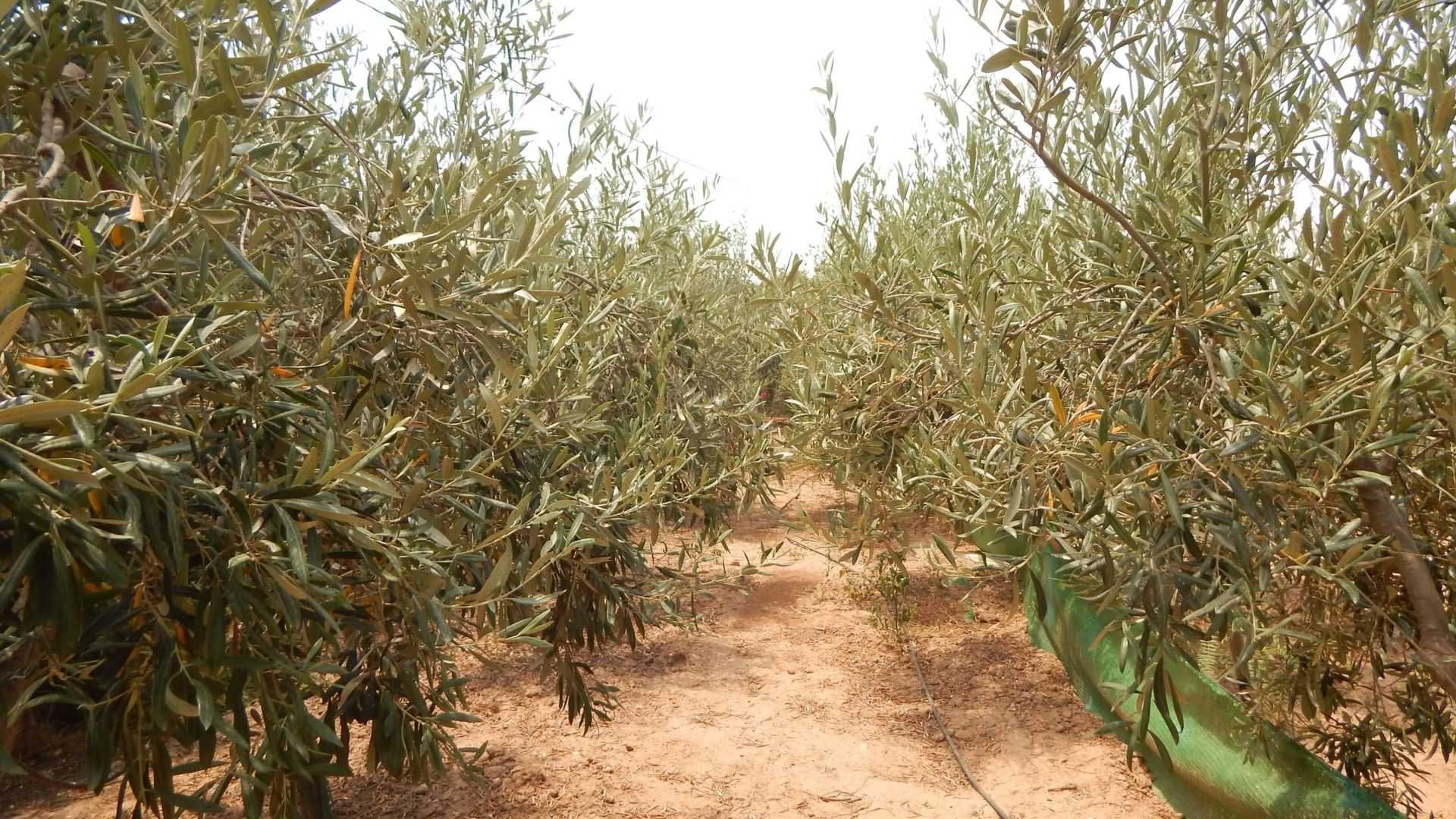
Photo: Barrington Dubois
Since he began growing the fruit, Dubois has learned that olives turn from green to black when they ripen. He also learned how to cure them for consumption as table olives and how to prune the trees.
Each autumn, the couple undergoes the laborious task of picking the olives by hand.
“The olives take about a week to pick, and it’s pretty hard work, but we enjoy the exercise,” Dubois said.
Once the couple has picked all of the olives, they take them to the local mill and oversee the following stages of transforming the olives and extracting the oil. The result is dark green olive oil with a slightly nutty flavor.
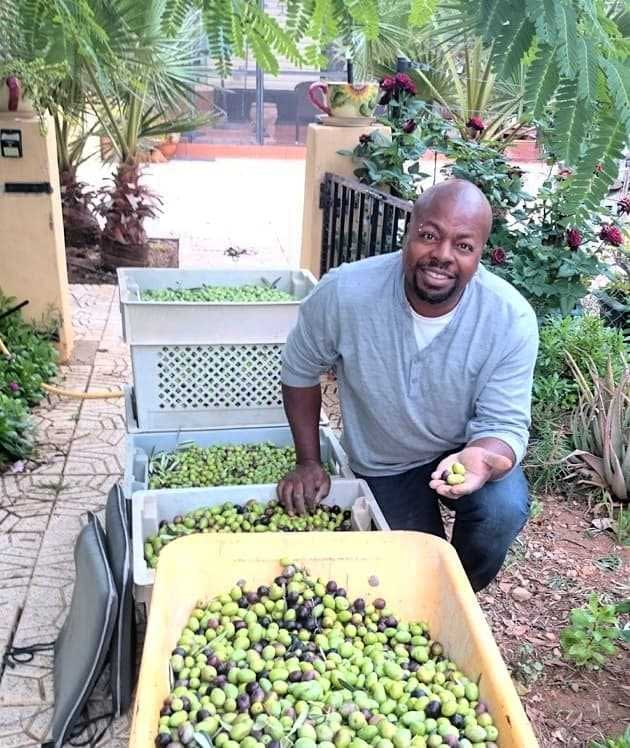
Photo: Barrington Dubois
The local mill takes responsibility for bottling and labeling the oil too. Once bottled, the couple sells their oil to family and friends.
They also decant some oil to smaller bottles, occasionally infusing it with peppers or rosemary. Any leftover olives and not taken to the mill are salted and consumed by the couple at home.
“Since the start of the Covid-19 pandemic, we have been making our olive leaf extract, which has anti-fungal and anti-bacterial properties and supports the immune system,” Dubois said. “Just recently, we tried out hand at soap-making using leftover olive oil, argan oil and aloe vera, which we also grow in abundance.”
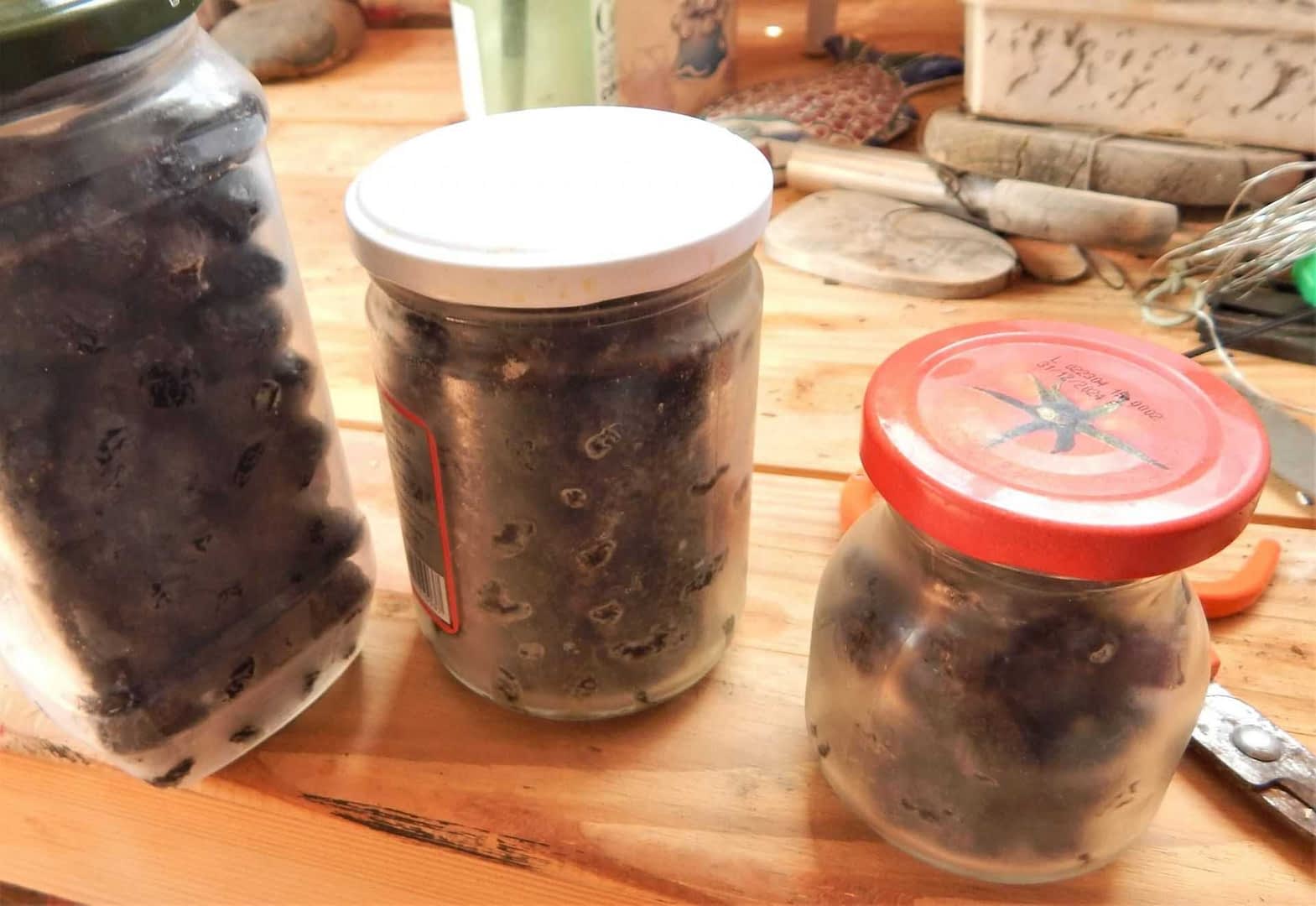
Photo: Barrington Dubois
Dubois said that the focus of his small farm is to utilize the land as much as possible by growing fruit and vegetables and raising chickens.
The couple has recently planted grapevines and is looking into beekeeping methods to produce honey.
“We would love to expand as we have space, but it is extremely hard work harvesting the trees we already have by hand,” Dubois said. “And I am not sure how we would stand with selling oil commercially. I think it would be too complicated.”




